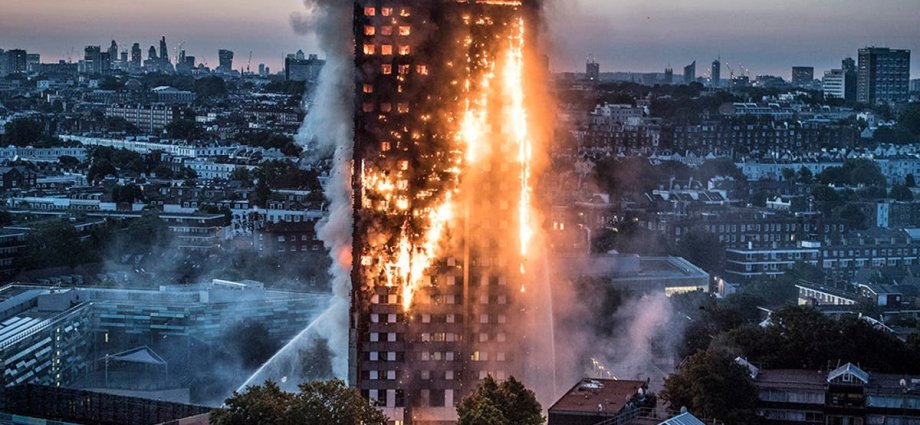Grieving relatives of Grenfell fire victims are calling for those responsible to face manslaughter charges as pressure builds on police to speed up their investigation.
Families and survivors expressed anguish that prosecutions might not be brought until 2026 despite this week’s damning inquiry report into the disaster which killed 72 residents and left 800 more homeless.
Some fear they may not live to see justice for their loved ones over the 2017 blaze – as a former director of public prosecutions, Lord Macdonald, warned that any criminal trials may not begin until the 2029.
Shah Aghlani, 55, who lost his aunt and disabled mother in the fire, told The Independent that the prospect of further delay to criminal prosecutions “is our worst fear coming true, our nightmare coming true”.
And he said the lack of accountability over Grenfell has emboldened developers to drag their feet in fixing thousands of buildings still endangered by flammable cladding seven years on, labelling a fire that ravaged a block of flats in London last week as “Grenfell Two”.
“There are harsher laws for drinking and driving than killing people by corporate manslaughter,” said Mr Aghlani. “There are people who falsified test results, people whose job was to make sure the safety and security of the building was not compromised. People who were responsible for their tenants.

“There is a chain of these failures that has to be addressed – it’s not difficult to find them.”
At an event organised by Grenfell Next of Kin, a campaign group supporting around half of those whose loved ones died, Mr Aghlani said only manslaughter charges would bring justice, “nothing less”.
Hisam Choucair, whose mother, sister, brother-in-law and three nieces died at Grenfell, told The Independent he was “absolutely disgusted but not surprised” at the prospect of years more waiting – even though the inquiry was ordered by then-PM Theresa May while rescuers were still searching for survivors.
“We have been robbed of our justice and under no circumstances moving forward in a tragedy should this be allowed to happen again where you have a criminal investigation running parallel to an inquiry,” he said.
“Because it’s clearly clashed and we will not get justice because of the government’s decision to open an inquiry without our consultation.”
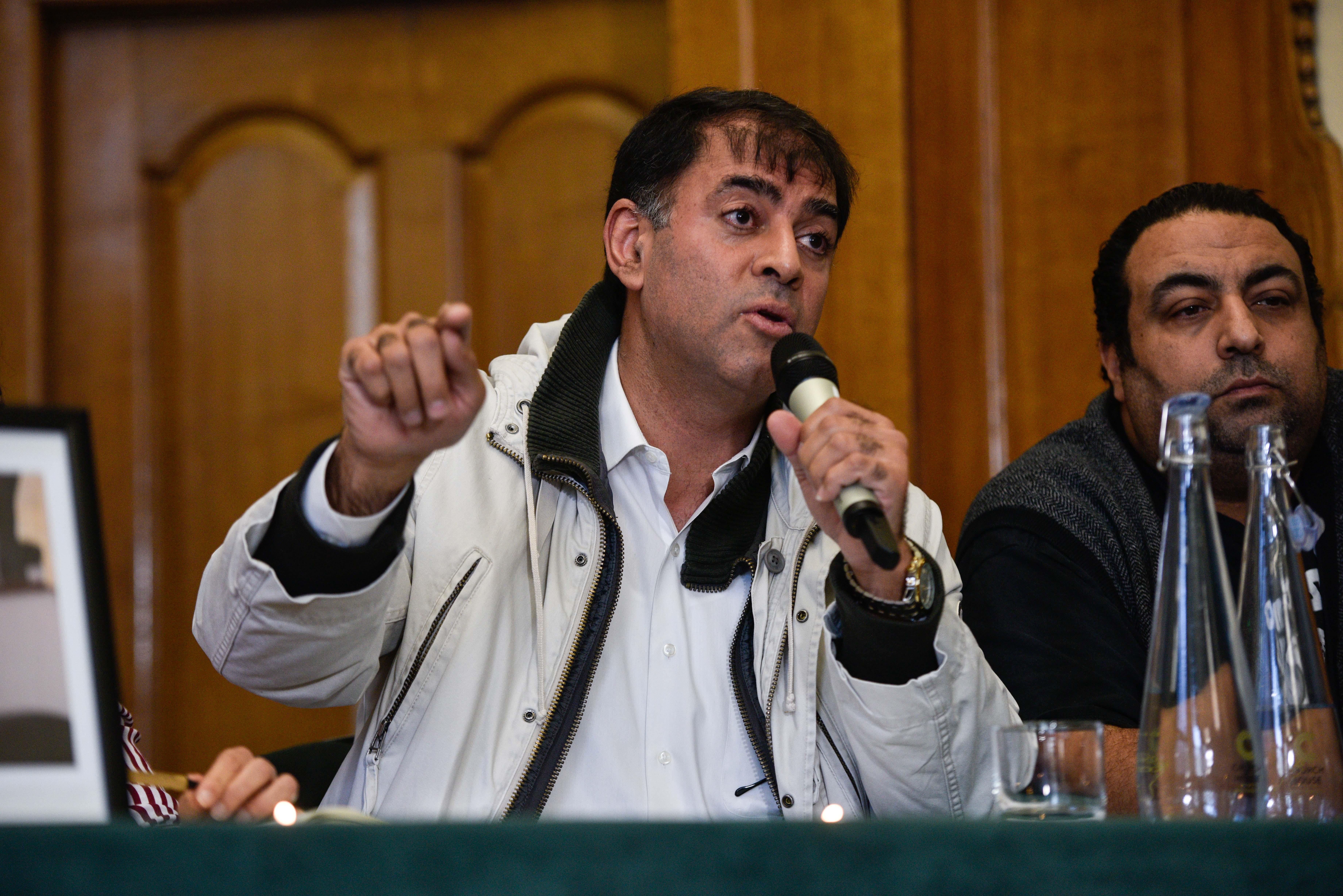
Campaigners cited the Metropolitan Police as telling them at a previous meeting that they have “never known a public inquiry to be conducted at the same time as a criminal investigation”, with such inquiries normally taking place once criminal proceedings have concluded.
In May, Scotland Yard said its investigation had generated 27,000 lines of inquiry and more than 12,000 witness statements, making it one of the largest ever undertaken. A total of 19 companies and organisations were under investigation, along with 58 individuals, with more than 300 hours of interviews conducted.
Deputy Assistant Commissioner Stuart Cundy said the force understood “the impact of the ongoing criminal investigation” on families “and their expectations for justice to be served”.
“We have taken note of all of the evidence presented to the inquiry but our investigation is conducted independently and to a different legal framework,” he said in a statement on Thursday. “We estimate it will take us 12-18 months before we are able to provide comprehensive charge files to the Crown Prosecution Service.
“If there is anything we can do to shorten the investigation timescale then we will do so, but this will not be at the expense of a thorough investigation. We have one chance to get this right. To secure justice … we must present the best possible evidence to the CPS.”
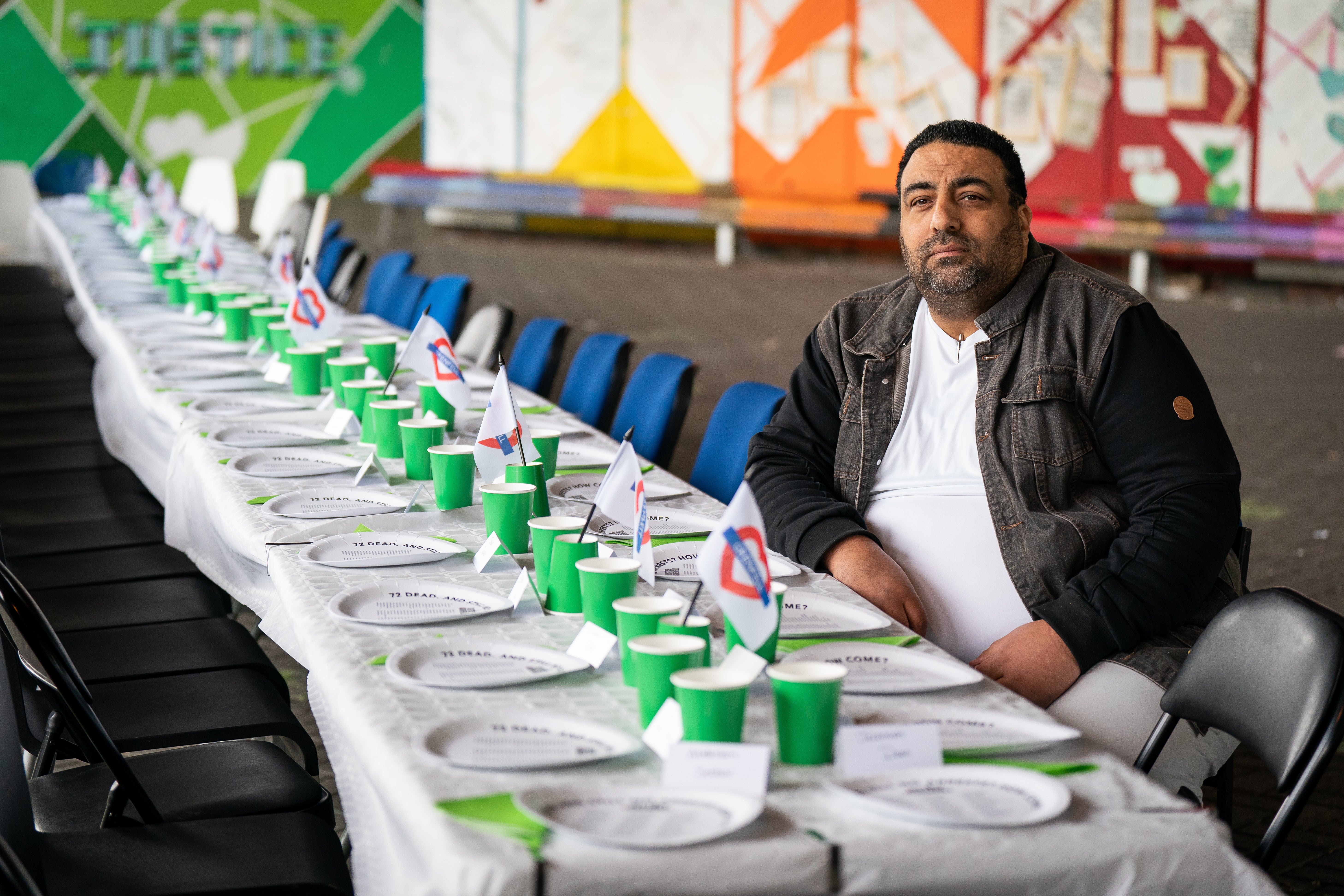
A growing number of MPs called for greater speed on Thursday. Waiting until 2026 for charges when families have already endured seven years “is simply not good enough”, said Labour’s former shadow building safety minister Mike Amesbury.
“The state and its institutions all too often fail working-class people. To rebuild trust, it is vital to expediate investigations and prosecutions to provide justice for Grenfell victims and families.”
Diane Abbott said: “It must be possible to stage a police investigation more quickly than that. This ridiculous slowness to act and dismissive attitude to marginalised communities is why the Grenfell tragedy happened in the first place.”
Former Tory justice secretary Alex Chalk told LBC: “People, quite rightly want to see collars felt and people gripping the rail at Southwark Crown Court … I can’t see now why there’s any reason for delay.”
Lib Dem leader Sir Ed Davey told The Independent: “The very least we can do to honour everyone who lost their lives is to swiftly bring those responsible for any criminality to justice. This must be an urgent priority for both the government and law enforcement.
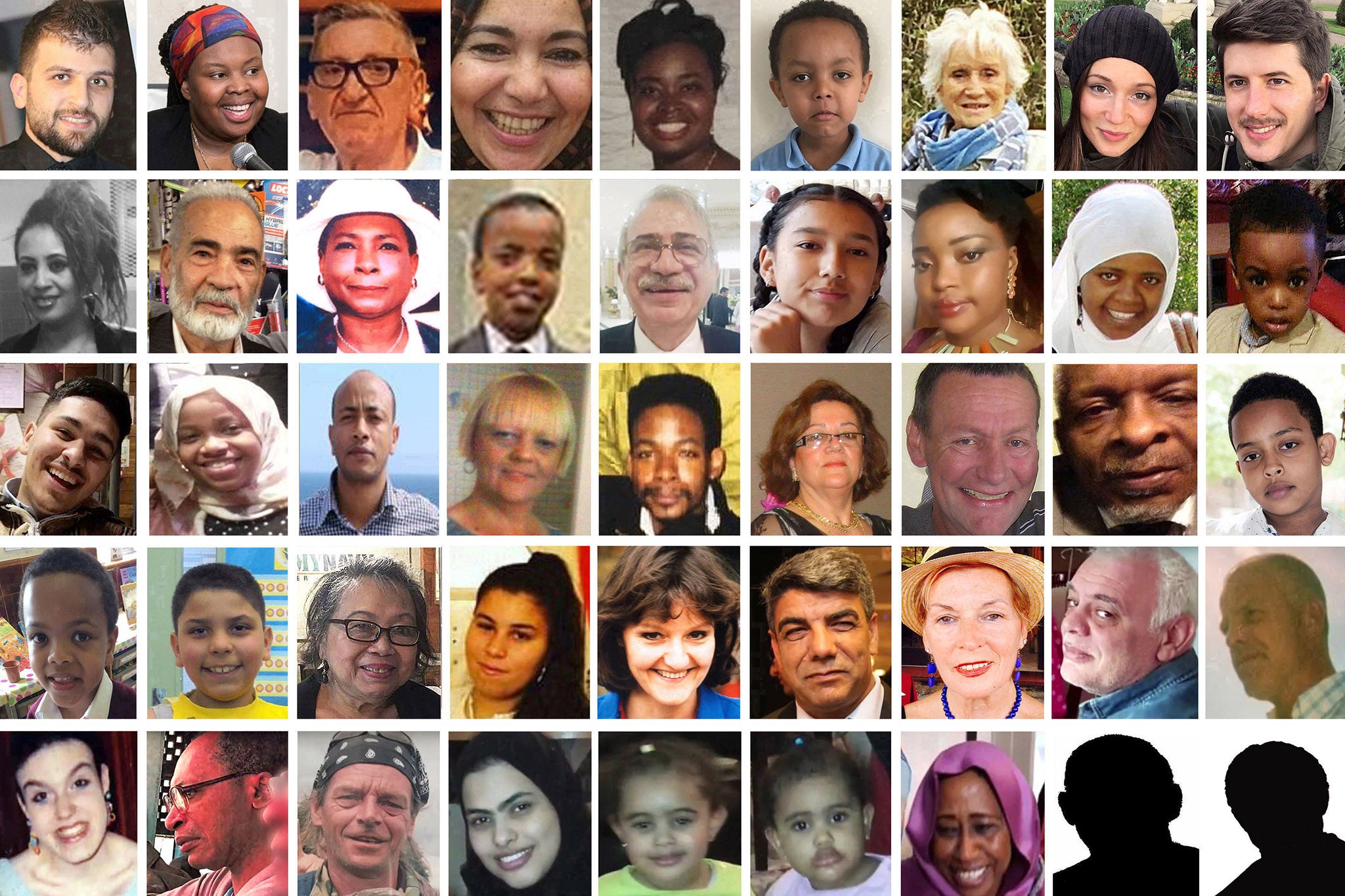
“Now that the inquiry has finally concluded, the police, prosecutors and courts must be given all the resources they need to deliver justice.”
Labour MP Joe Powell, whose constituency includes the ruins of Grenfell, added: “With no arrests, no charges, and not a single individual or corporation held accountable for this entirely preventable atrocity, it’s now time for the government and police to ensure that criminal prosecutions take place as soon as possible.”
However, Lord Macdonald warned that even if charges are brought forward, delays in the criminal justice system could mean trials not beginning before 2029. “Unless processes are massively expedited, justice is a very long way away,” he said, reported The Guardian.
Deputy prime minister Angela Rayner vowed on Thursday that ministers will “do everything we can to support the Met Police and the CPS to ensure that they can bring their findings and take their action forward as quickly as possible”.
But she had no “definitive timeline” for when all homes with dangerous cladding will be made safe. Some developers have said that could take until 2032; in June, 4,630 residential buildings in England still carried unsafe cladding.
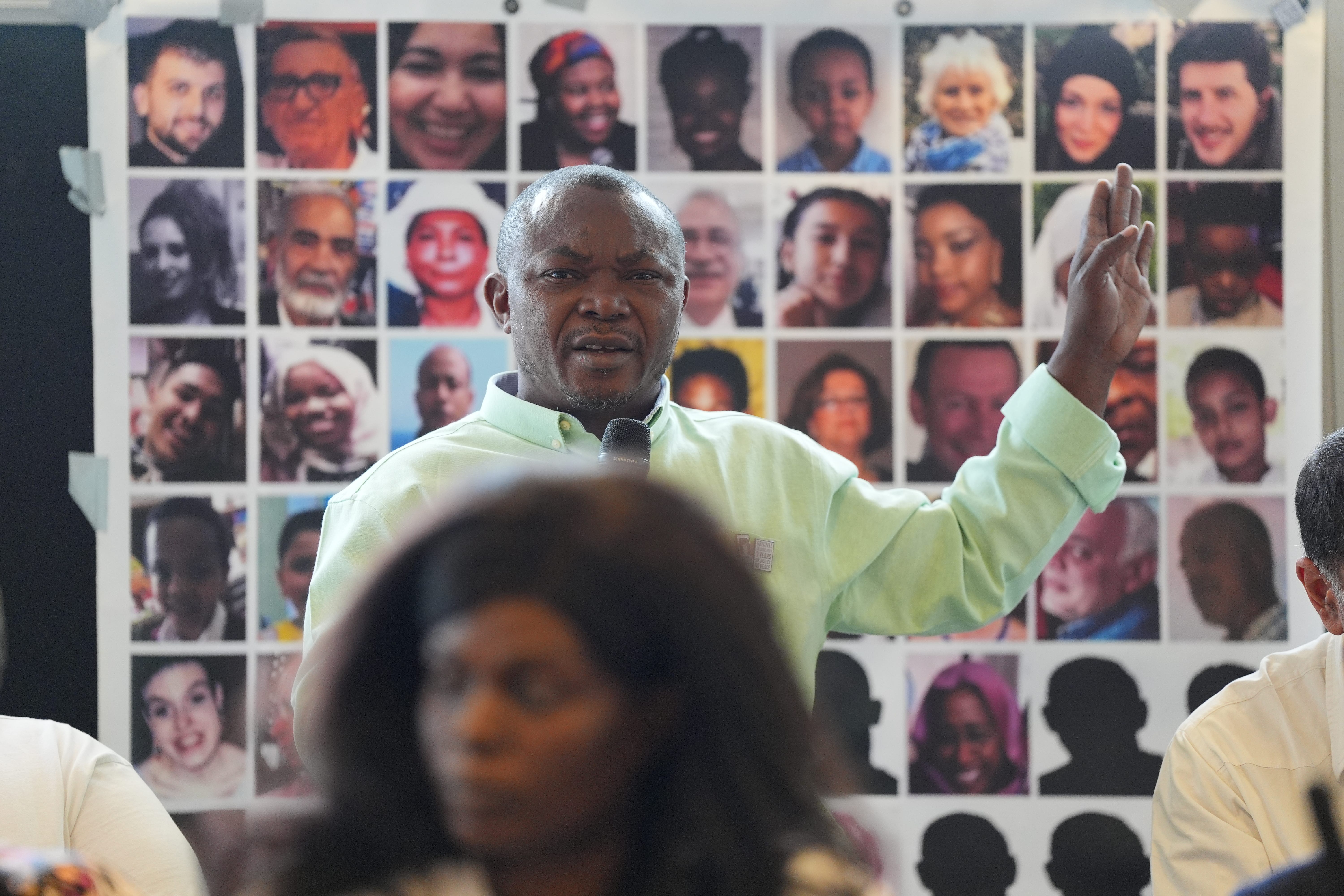
Francis Dean, who was forced to say goodbye to his friend Zainab Deen over the phone during the harrowing fire, urged the government to do more to ensure such a tragedy never happens again.
“Don’t put money in front of people’s lives, put life in front of money,” he told The Independent. “No matter how much it would cost to bring down all this unsafe cladding, at least it’s not causing death – untimely death.”
He added: “Am I going to be alive when we do get justice? Because we are going to fight for it. The younger generations that are coming up are even more desperate than us to have justice because they were young when this happened and it’s seven years on. They’re the ones who will probably see justice.”










